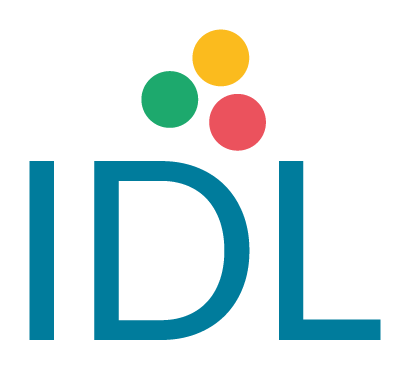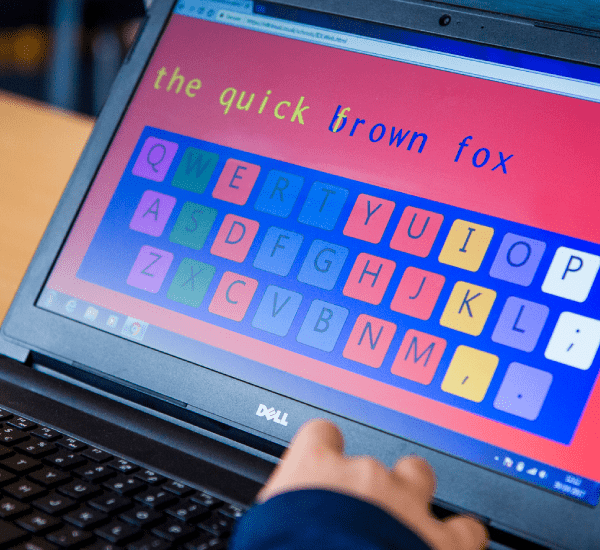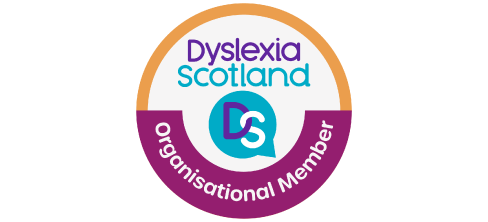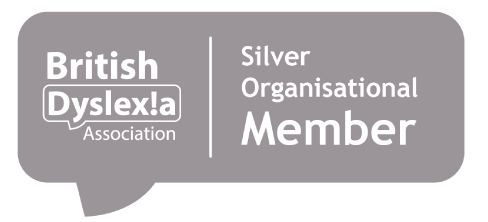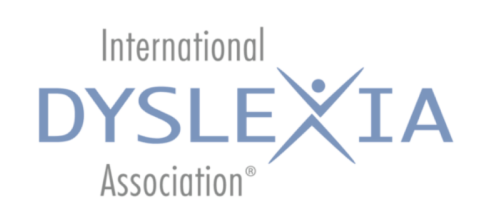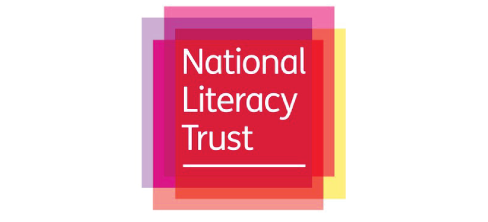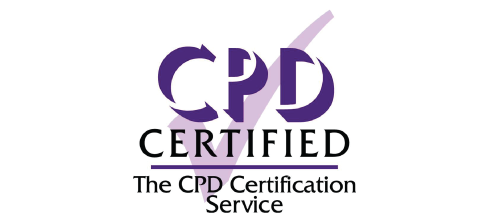Accelerating Literacy
A case study of IDL Literacy written by Sarah Watson, the SENCO at Newton Bluecoat CE Primary School, Preston. Published in Special Children Magazine.
It is always worrying when children fall behind in Literacy because it affects more than just their progress in school – it impacts on their confidence and self-esteem too. So when a colleague at another school introduced me to IDL, an online literacy catch-up tool from Ascentis back in October 2013, I was keen to try it out. Initially, we used it with pupils in years 5 and 6, the results were so good that this term we extended the intervention to include years 3 and 4.
IDL Literacy
Although designed for pupils with dyslexic difficulties, the programme is beneficial for any child whose reading or spelling age is below their chronological age. Very simply it gives them lots and lots of practice in typing and reading high-frequency or rhyming words, and crucially, allows children to see and measure their own progress, which they find very satisfying.
We start off by administering a reading and spelling assessment, which produces a reading and spelling age for each child. Teachers enter this data into the programme, which then builds a package of lessons tailored to the individual, selected from a database of 1,000. 80 per cent of each module revises familiar material, while the remaining 20 per cent introduces new words. Once a child has spelled a word correctly three times, it automatically drops down to form part of their revision list. Short story sequences are interspersed with spelling and grammar rules and exercises, and there are comprehension questions to ensure pupils are also reading for meaning.
Children work through the modules at their own pace and the aim is for them to be using the programme for between two and three hours a week. They do this in school time, but some pupils carry on working at home as well, allowing teachers to see exactly which modules they are completing each week.
Pupils who have been using the programme for over a year, have all made more than a full year’s progress. One child has progressed by 17 months in spelling and another has made 20 months progress in reading. While these two scores are exceptional — these children were well behind their peers — they demonstrate the difference IDL is making, enabling pupils to catch up with their chronological age in reading and spelling and even go beyond it.
All the children involved come into school 15 minutes early, sit themselves down with a laptop and work on it before and during registration. Because it is so important for pupils to catch up with their peer group, we also have timetabled sessions during the week
Conclusion
Once we’ve set pupils up with a password and login, the programme picks up where they left off the day before, and they begin to work without needing much close supervision. Most children love doing it, particularly since it is computer- based. One or two of the younger pupils benefit from an adult sitting beside them to help them keep focused. To sustain their motivation, the system produces a certificate of achievement every time they complete a module, which they can print out and take home.
Every term, we re-assess everyone using the tests provided. The TAs take pupils through a word-reading test individually, while the spelling tests are done in small groups. It doesn’t take me long to enter the data and produce an updated set of modules for pupils to work on. In fact, Ascentis has recently updated the software, making it even easier to track progress: now I can print out spreadsheets with all the data.
Hambleton Primary Academy - Kairen JonesThe increase in reading and spelling ability with our children is noticeable and within a relatively short period of time.

